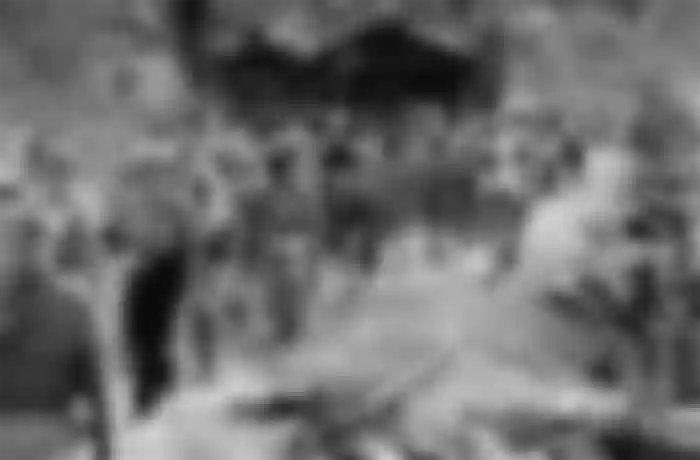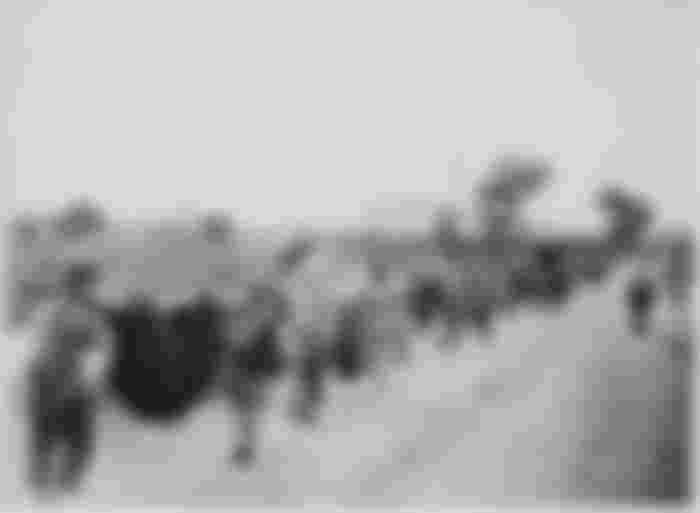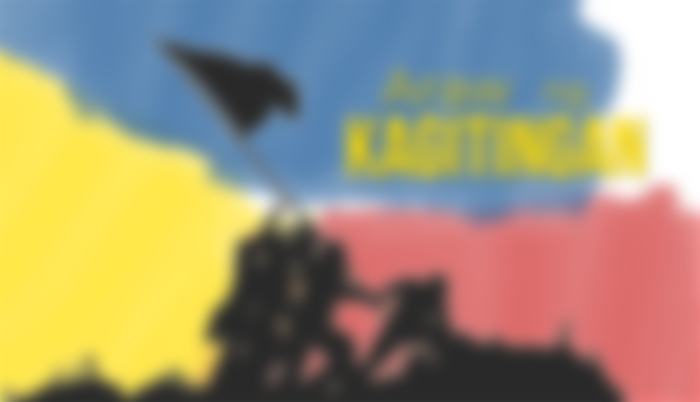Pilipinas para sa Pilipino: Araw ng Kagitingan

The Philippines is home to an incredibly rich and diverse culture with a deep history. It has a long history of courage and resistance, but that resilience is especially apparent on the Day of Valor (Araw ng Kagitingan) . And today, April 9, marks a day of bravery and dedication of Filipino and American troops during the World War 2 here in our country, the Philippines.
Araw ng Kagitingan (The Day of Valor) is one of the most important public holidays in the Philippines, and commemorates the fall of Bataan in 1942. The Japanese occupation was brutal and resulted in millions of deaths, and by March 1942, the United States military forces were forced to surrender their position at Bataan. The Japanese army then took all 75,000 U.S. and Filipino soldiers as prisoners of war. They were forced to make an arduous journey over what came to be known as the "Bataan Death March," which was a 60-mile journey that passed through harsh terrain, with no food or water provided along the way. An estimated 5,000 soldiers died on this march due to starvation or execution by their captors, while some 10,000 more died as POWs in captivity.
The name “Day of Valor” comes from the Filipino word “kagitingan,” which means “bravery” or “valor” in English. During the holiday each year, my fellow countrymen hold rallies throughout the country to commemorate the lives lost during the march and celebrate our country’s freedom.

The history of this day is quite long, but here are some important dates:
1942 – April 9: Japan begins invading Luzon
1942 – April 9: Bataan falls to the Imperial Japanese Army
1942 – April 26: General Edward King officially surrenders to the Imperial Japanese Army on Corregidor Island
1945 – March 3: United States recaptures Corregidor Island from Japan

World War II was a tough time for Filipinos, and the Japanese occupation of the Philippines was especially harrowing. Even though the Japanese were defeated in 1945, the memories of the occupation are still clear today.
The Battle of Bataan was considered one of the worst defeats in U.S. military history, but it has been recognized as an incredibly brave defense by both U.S. and Filipino troops, who were greatly outnumbered and outgunned by the Japanese forces occupying the islands during World War II.
Araw ng Kagitingan is a day to honor these brave soldiers, as well as all those who died during World War II in an effort to defend freedom and democracy. It is a day that recognizes all those who have fought for their country throughout history. And it is a day that reminds us of our shared humanity—and our willingness to fight for others as well as ourselves. In the days leading up to Araw ng Kagitingan or Day of Valor, we remember the fallen heroes of the Philippines and recall the courage of the Filipino people.
While I have presented a description of the history of Araw ng Kagitingan and how it is celebrated, I will leave you with a quote to consider: “If you are lucky enough to have lived in peace, do not boast of it as though you were brave, for peace means nothing but having a large caliber gun around.”
Looking back at the battle of Bataan, it's clear how difficult a fight it must have been. To see this holiday through the eyes of a Filipino—or a Filipino-American—imagine your country being under attack by an army that was once your ally. Imagine watching as they overpower your defenses, and being forced to surrender. Now imagine being taken captive and forced to march for days through thick jungles, carrying only what you can carry in one hand. Imagine the heat, the humidity, and the hunger gnawing at your stomach. That's what happened in World War II. The courage and bravery of the Filipino and American people, and their ability to survive under such terrifying circumstances, speaks to their fortitude and spirit. That same spirit is what has helped them to build a nation that can stand on its own two feet, something that we admire greatly.

The story of Araw ng Kagitingan has become not just a historical narrative but also a part of the Filipino psyche and identity. This day also indicates that the Philippines is a nation which won't fear or surrender to oppression or tyranny, and will always fight for their freedom and independence. The Filipino people were fighting for their country, but they also had a lot at stake: they were fighting for democracy, freedom, sovereignty—and even independence. By remembering this traumatic event, we remind ourselves that freedom is never free—and we honor those who made the ultimate sacrifice for it.
Lead image from Spot PH
Copyright, @frdchckn 2022. All Rights Reserved.




We really filipinos values everything happened in the past not because we are obliged to but because we respect and treasures everything they have done in order for us to experience the freedom we have right now in the present.